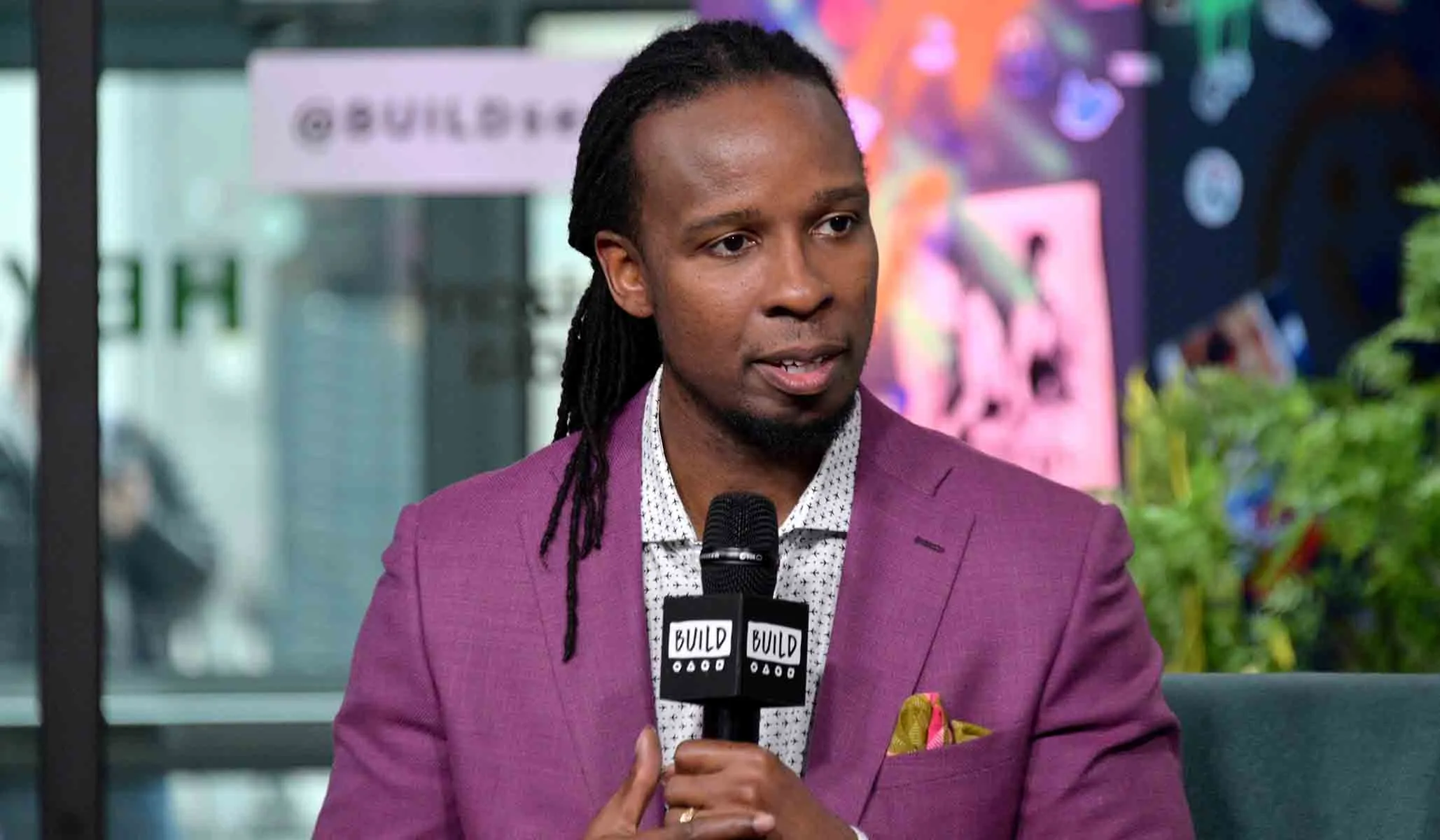At a former university where I served as a diversity officer and taught, I had a meeting with the school’s black-student union. Toward the end of the meeting, I asked if their goal was to become obsolete in the near future. Most of the students didn’t understand the question, but one student, who appeared to be the group’s leader, said that the group would continue to exist even if racism disappeared. Today, I find myself thinking about this question more and more as organizations and protocols are being established that suggest racism is here to stay. This contradicts the traditional discourse of civil rights, which aims to end racial discrimination once and for all. The goal of contemporary anti-racism activism seems to be to perpetuate racism rather than end it.
If an activist group doesn’t have a sacrificial telos, which is the ultimate goal that conceives of its own end, it is not an activist group but a special-interest group, and a dishonest one at that. As a member of Free Black Thought, an organization that celebrates viewpoint diversity within the black collective, I believe that race essentialism is a problem that needs to be solved. If we ever achieve a world where people are judged individually rather than by their membership in a particular racial group, our mission would be outdated. Free Black Thought wouldn’t fold necessarily, but our mission would have to change because our original mission would have been fulfilled. Other organizations dealing with race relations, such as the Boston University Center for Antiracist Research, don’t seem to understand their missions in the same way.
Ibram X. Kendi, the director of the Boston University Center for Antiracist Research, has proposed the creation of a Department of Anti-racism (DOA) that would be established by a new constitutional amendment and comprised of formally trained experts on racism, with no political appointees. The DOA would be responsible for preclearing all local, state, and federal public policies to ensure they won’t yield racial inequity, monitor those policies, investigate private racist policies when racial inequity surfaces, and monitor public officials for expressions of racist ideas. However, the statement’s precarious nature could easily have the department functioning in perpetuity, and to justify the perpetuation of such an entity, one would need to perpetuate racism.
Many major universities have created graduate programs in diversity, equity, and inclusion (DEI), and advanced degrees are being given to people who plan to make a career out of DEI initiatives. The rise of DEI in the American job force has been significant, and a dip in racism could have a correlation with a rise in unemployment. If bias is considered implicit, then a fine line separates DEI officers from “thought police.” To show they are not expendable, it is in their best interest to “find” racism, but what happens when there is no racism to be found?
All people in such positions should aim toward a sacrificial telos, which would eventually deem those positions unnecessary. If a DEI officer’s main goal is not to render their job obsolete as soon as possible, they are enacting the very definition of a grift.

